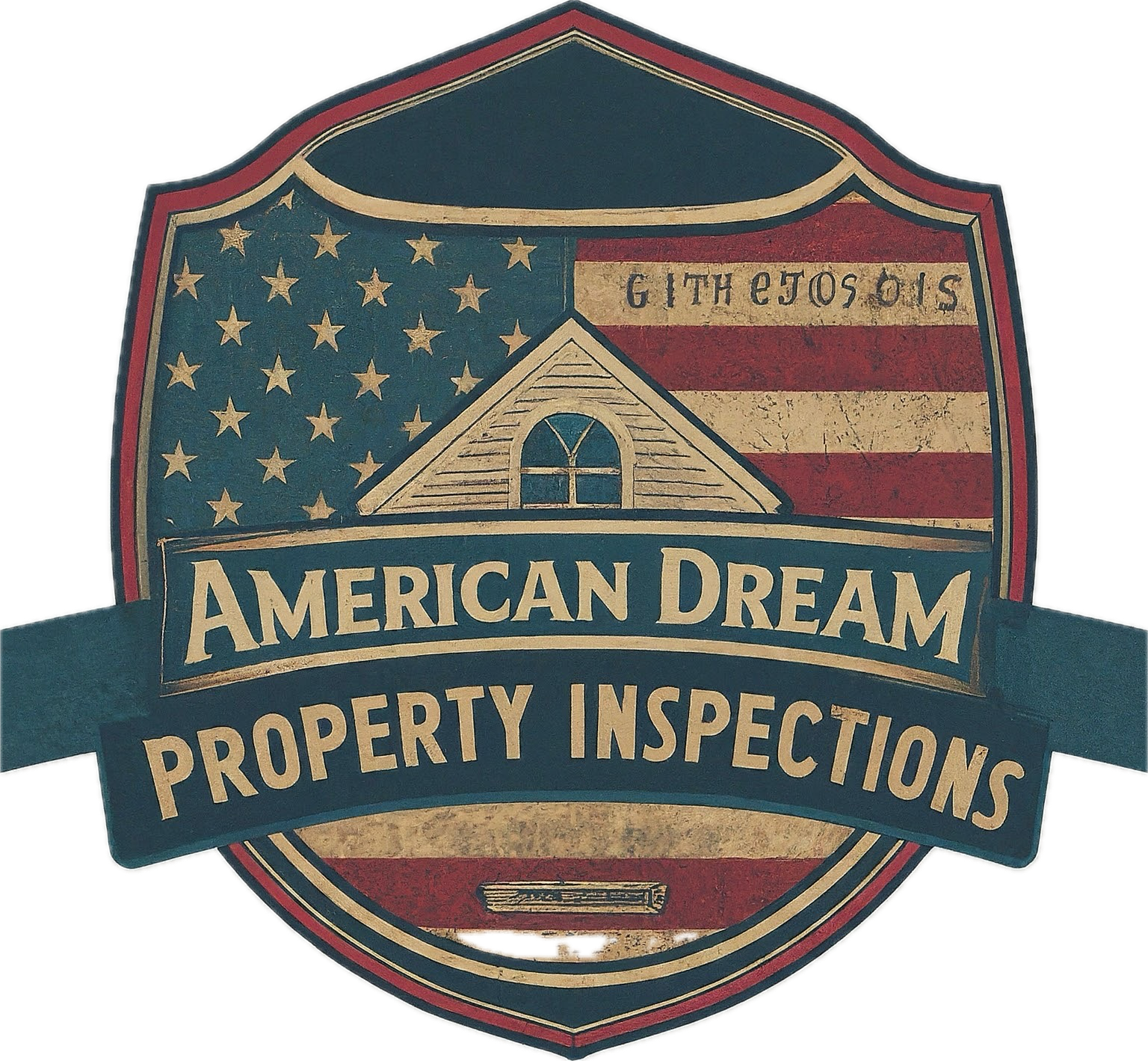The Essential Guide to Pre-Purchase Home Inspections: A Property Inspector’s Perspective
Buying a home is one of the most significant investments you will make in your lifetime. It’s not just about finding a place that looks right; it’s about ensuring it’s a safe, secure, and financially sound investment. That’s where a pre-purchase home inspection comes in. As a seasoned property and home inspector, I’ve seen firsthand how an inspection can be the difference between a dream home and a financial nightmare. Here’s what you need to know about pre-purchase inspections and why they’re crucial in the home buying process.
What is a Pre-Purchase Home Inspection?
A pre-purchase home inspection is a comprehensive review of a property’s condition before you finalize the purchase. It’s conducted by a professional home inspector who evaluates various aspects of the home, including its structural integrity, electrical systems, plumbing, roofing, insulation, and more. This inspection aims to uncover any hidden issues or potential problems that could cost you money down the line.
Why is a Pre-Purchase Inspection Important?
1. Discover Hidden Problems: Many homes, especially older ones, can have hidden issues that are not immediately apparent. An experienced inspector knows where to look and what signs to look for, identifying problems you might miss.
2. Save Money: Identifying problems before you buy can save you a significant amount of money in repair costs. It also gives you leverage to negotiate a lower price or request repairs before purchase.
3. Plan for the Future: An inspection can help you understand what maintenance or repairs the property may need in the short and long term, helping you plan your budget accordingly.
4. Peace of Mind: Knowing the exact condition of your potential home provides peace of mind. You can move forward with your purchase with confidence, knowing there won’t be any costly surprises.
What Does the Inspection Cover?
A thorough pre-purchase inspection covers every aspect of the property, including but not limited to:
– Structural Elements: Walls, ceilings, floors, roof, foundation. Checking for signs of sagging, cracks, or structural weakness.
– Systems and Components: Heating, air conditioning, electrical, and plumbing systems. Ensuring everything is in working order and up to code.
– Exterior Evaluation: Siding, windows, doors, decks, driveways, and walkways. Looking for damages or potential issues.
– Roof and Attic: Checking for leaks, insulation, and proper ventilation.
– Basement: Inspecting for water intrusion, foundation cracks, and structural issues.
– Safety Hazards: Identifying any potential safety issues, such as radon, carbon monoxide, and mold.
Choosing the Right Inspector
Selecting a knowledgeable and experienced inspector is crucial. Look for certifications and memberships in professional organizations such as the American Society of Home Inspectors (ASHI) or the International Association of Certified Home Inspectors (InterNACHI). These affiliations often indicate a commitment to ongoing education and adherence to a strict code of ethics and standards of practice.
Conclusion
A pre-purchase home inspection is an invaluable tool in the home buying process. It provides a detailed overview of the property’s condition, highlighting any issues that could affect your investment. By understanding the importance of these inspections and choosing the right inspector, you can ensure that your dream home is a wise investment. Remember, the cost of an inspection is a small price to pay for the peace of mind and financial security it brings to your home buying journey.
